Hanoi, the capital of Vietnam, is a vibrant city that blends ancient traditions with modern development. Located in the northern part of the country, Hanoi is known for its rich history, culture, and architectural heritage that spans over 1,000 years. Here’s an overview of what makes Hanoi special:

1. Historical Significance
- Thăng Long Citadel: Founded in 1010, Hanoi was originally known as Thăng Long, meaning “Rising Dragon.” It has been the political and cultural center of Vietnam for centuries, playing a crucial role throughout various dynasties, from the Lý, Trần, and Lê to the Nguyễn Dynasty.
- Colonial Influence: The city bears the marks of French colonialism from the late 19th century, with French-style buildings, wide boulevards, and iconic landmarks like the Hanoi Opera House and St. Joseph’s Cathedral.
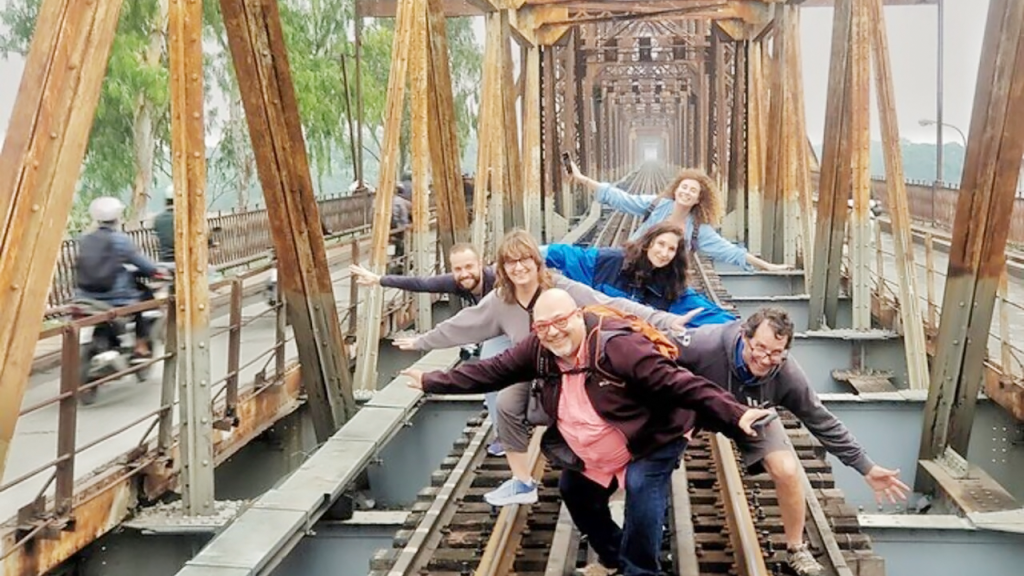
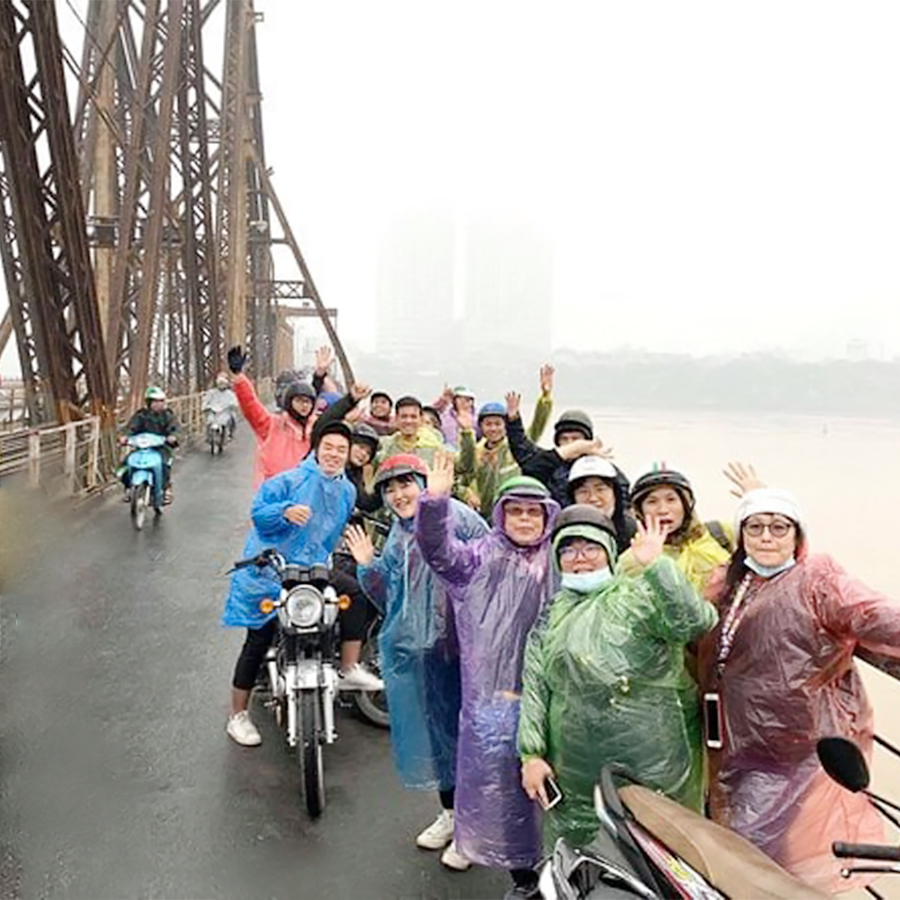
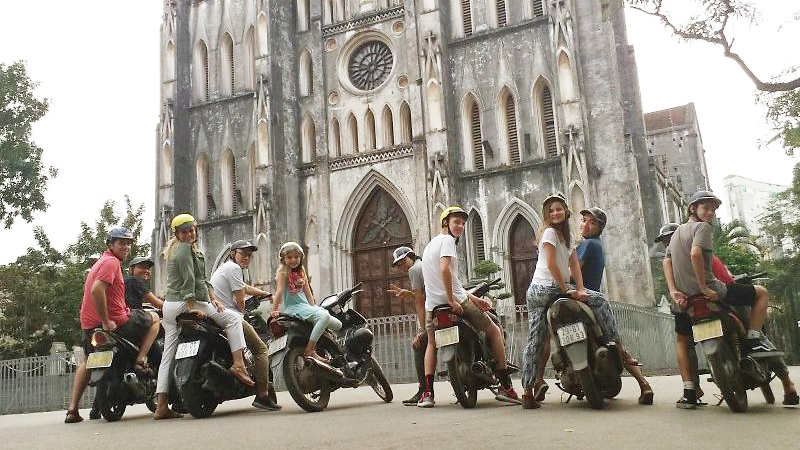
2. Cultural Landmarks
- Hoàn Kiếm Lake: At the heart of Hanoi, Hoàn Kiếm Lake is a symbol of the city, surrounded by lush greenery and the historical Ngọc Sơn Temple. The legend of the lake, involving a magical sword and a giant turtle, adds to the mystical charm.
- Old Quarter: This bustling district is famous for its narrow streets, traditional architecture, and lively markets. Each street is historically associated with specific trades, from silverware to silk.
3. Iconic Attractions
- Ho Chi Minh Mausoleum: A monumental structure where the body of Vietnam’s revolutionary leader Ho Chi Minh is preserved, the mausoleum is an important site for both locals and tourists.
- Temple of Literature: Vietnam’s first national university, dedicated to Confucius, the Temple of Literature showcases classical Vietnamese architecture and serves as a peaceful escape within the busy city.
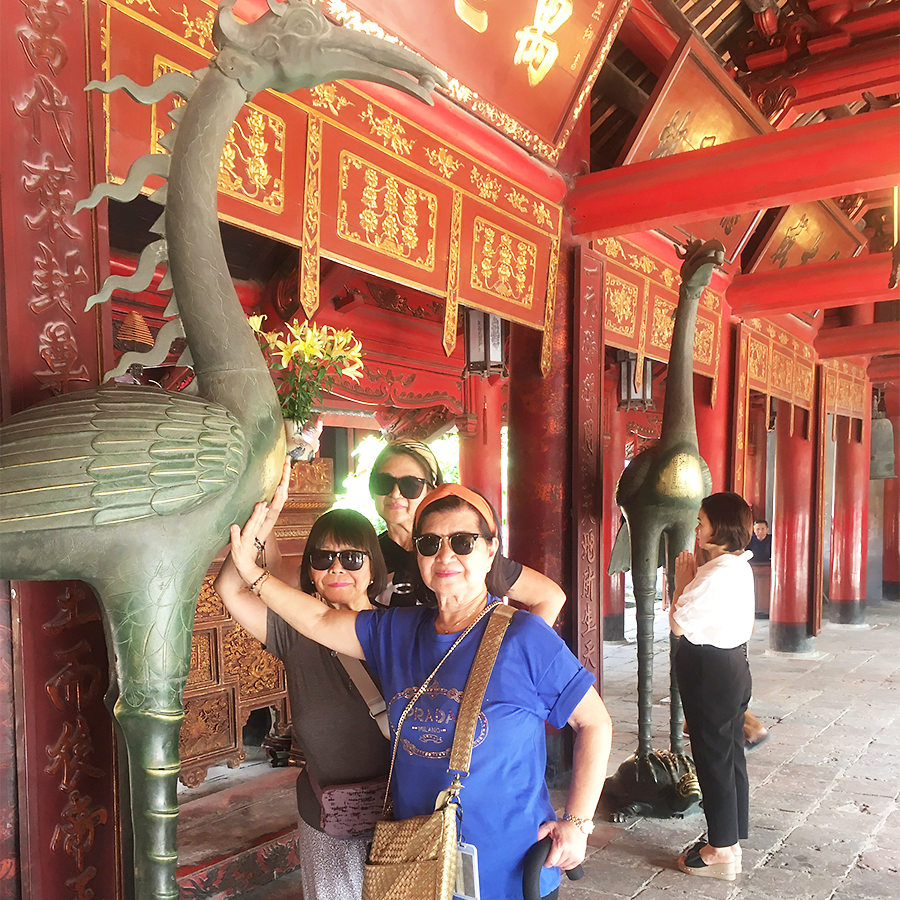
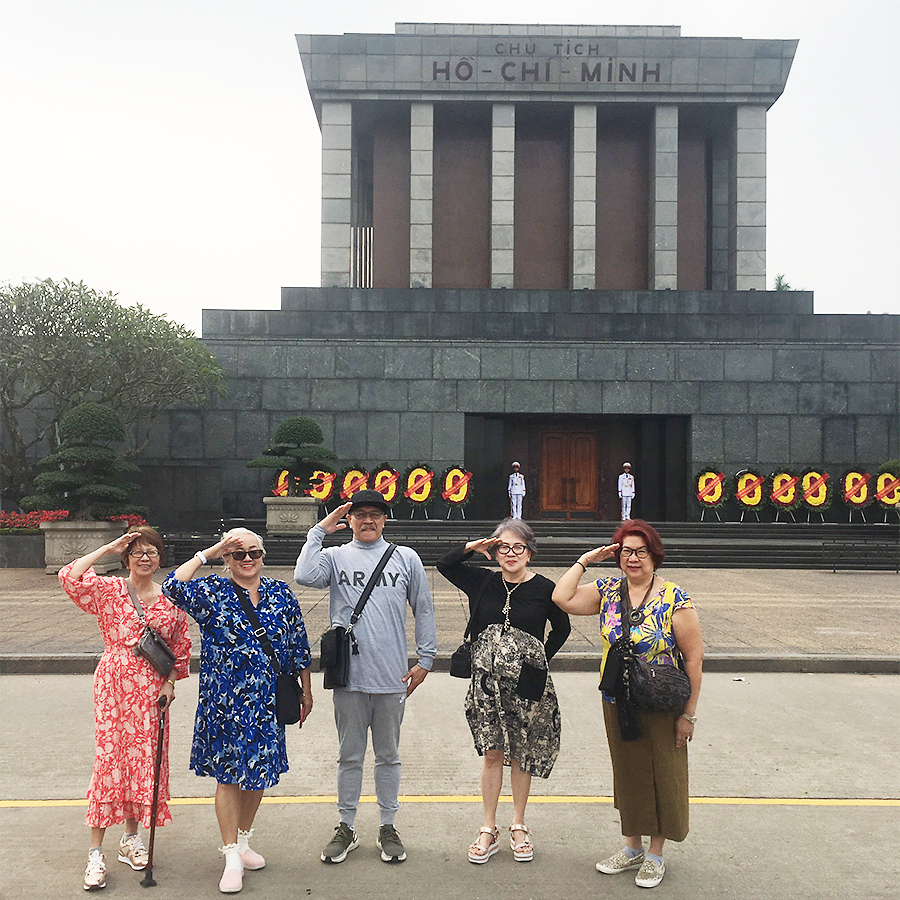
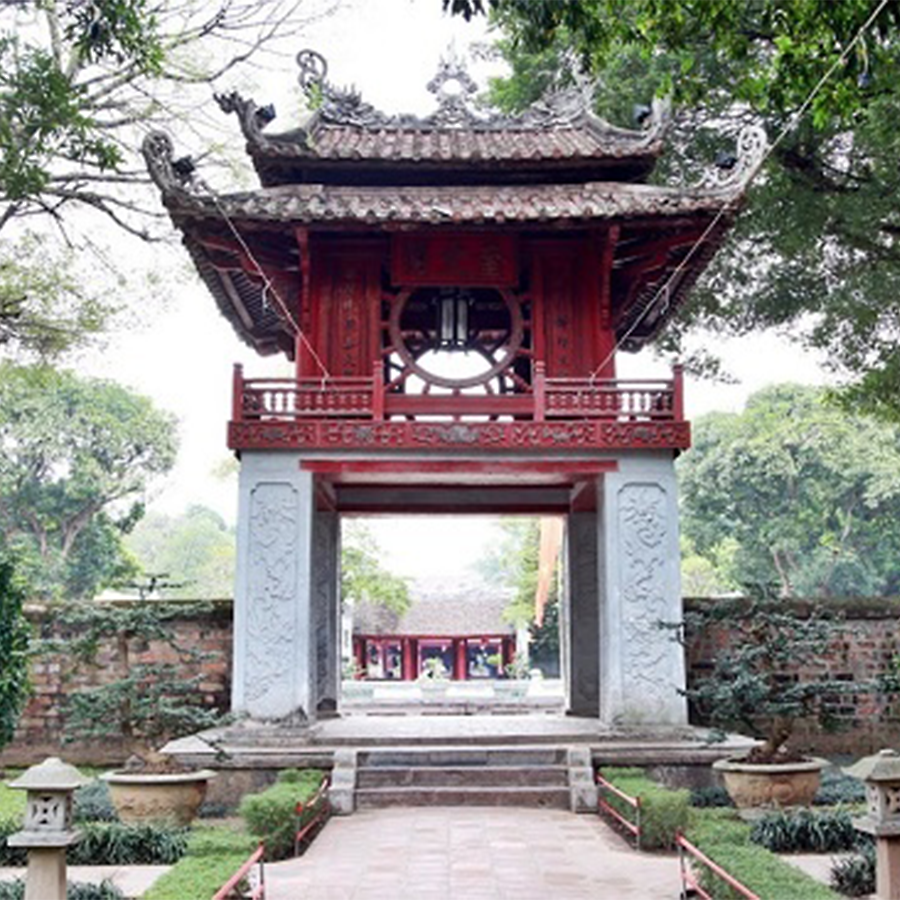
4. Cuisine
Hanoi is a food lover’s paradise, famous for its traditional Vietnamese dishes:
- Phở: A fragrant beef or chicken noodle soup originating from Hanoi, Phở is a must-try dish.
- Bún Chả: Grilled pork served with rice noodles and herbs.
- Bánh Cuốn: Delicate steamed rice rolls filled with minced pork and mushrooms. Street food is a major part of the Hanoi experience, with vendors selling everything from savory pancakes to sweet treats.

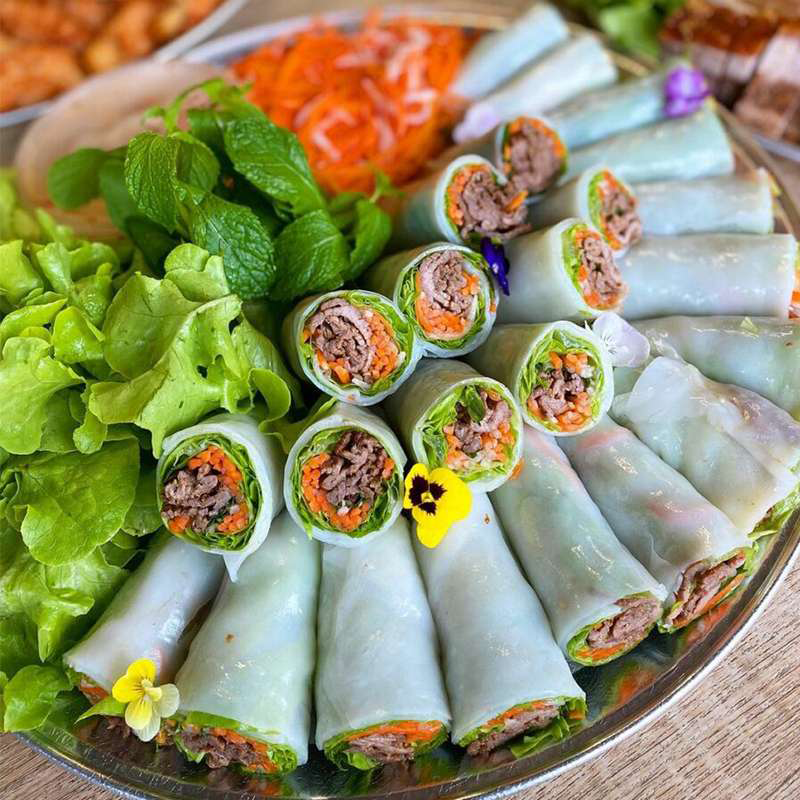
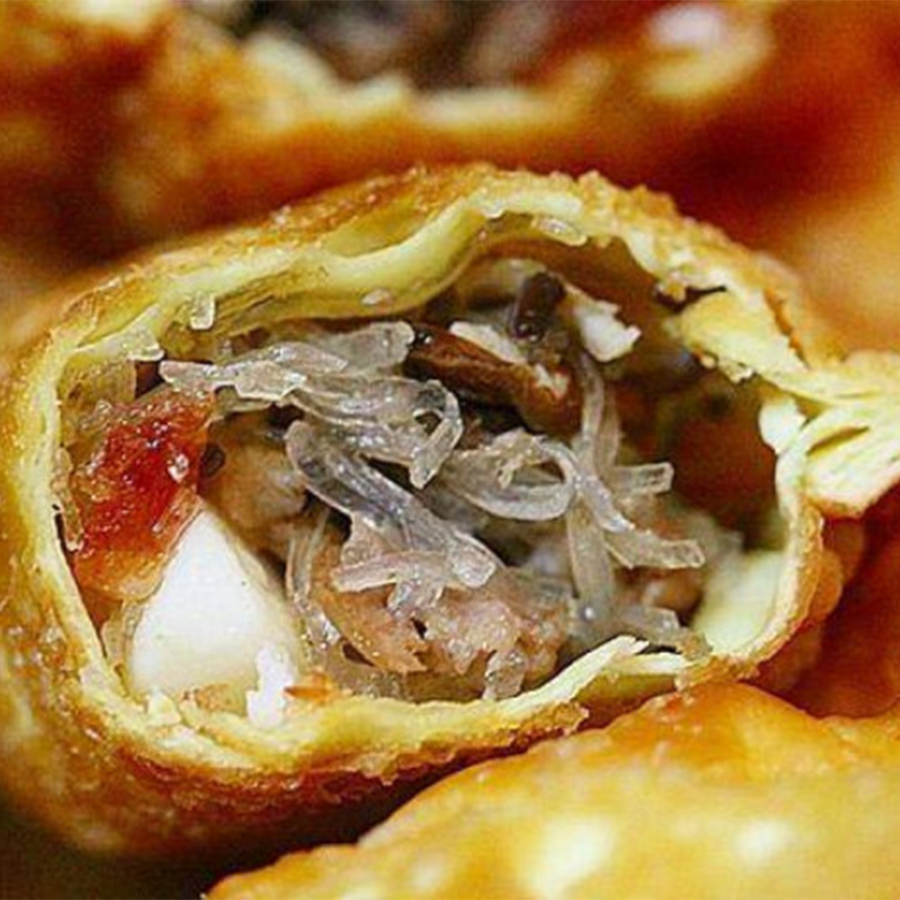
5. Cultural Activities
- Water Puppetry: Hanoi is the birthplace of traditional water puppet theatre, a unique art form where puppets perform on water accompanied by traditional music.
- Festivals: Throughout the year, Hanoi hosts various cultural festivals, such as the Mid-Autumn Festival and Tet (Lunar New Year), which highlight the city’s rich customs and vibrant community life.
6. Modern Developments
While Hanoi is deeply rooted in tradition, it is also rapidly modernizing. The city has seen the growth of contemporary architecture, upscale shopping malls, international business hubs, and modern infrastructure, blending with its ancient streets and historical landmarks.
7. Climate
Hanoi experiences a tropical climate with four distinct seasons. Spring (March to April) and Autumn (September to November) are the most pleasant, while summer (May to August) can be hot and humid, and winter (December to February) is cooler, with temperatures sometimes dropping below 10°C (50°F).
Conclusion
Hanoi is a city where the past meets the present, offering visitors a chance to explore the rich history and culture of Vietnam while enjoying the dynamism of a rapidly developing metropolis. Whether you’re wandering through the Old Quarter, visiting historical monuments, or savoring the local cuisine, Hanoi offers a unique and unforgettable experience.
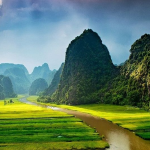




Leave a Reply